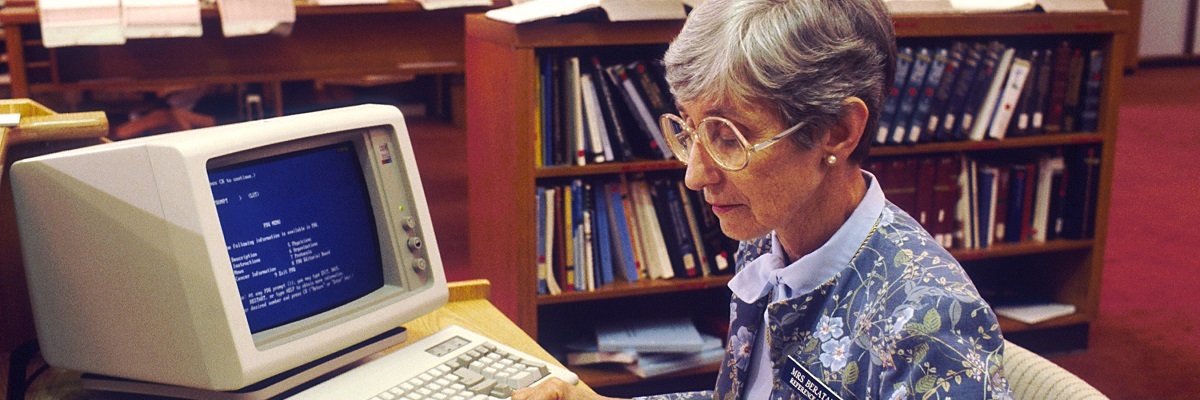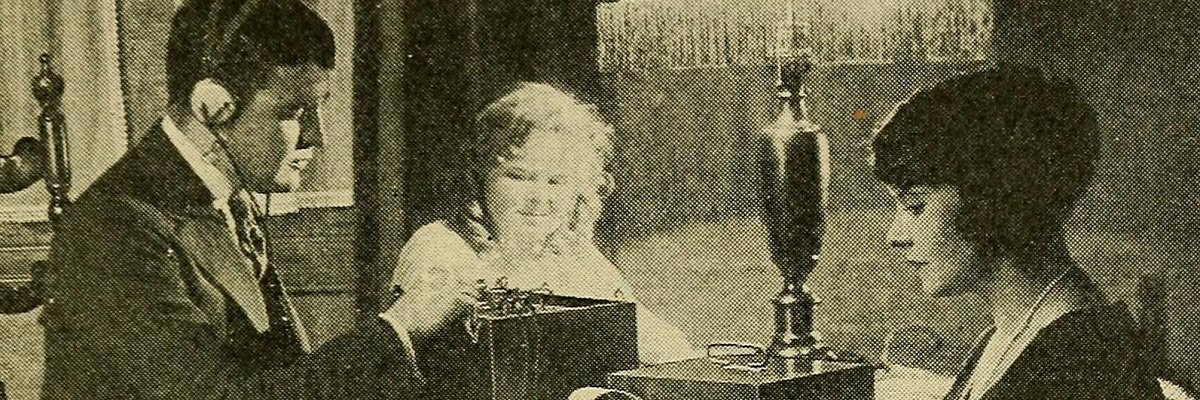The anonymous letter is cheeky, in a manner you wouldn’t peg as correspondence between a Malden, Mass. librarian and the local sister superior circa 1948. But the sarcasm is apparent, as is the unnamed librarian’s dedication to engaging young readers via whatever format or material they might latch onto.
It’s a letter that really can only be appreciated or believed in its entirety, and it’s one of the few documents MuckRock uncovered through our public records survey of Massachusetts libraries, a collaboration with MIT’s Center for Civic Media researcher Chris Peterson.
Since we only asked for patron challenges dating back to 2010, the Malden Public Library technically had no responsive documents to release. But library director Dora St. Martin went ahead and released records on all four challenges she had on file, which include not only the 1948 scuffle over comic books, but challenges lodged in 1954, 1967 and 1974, as well.
This is particularly striking because Massachusetts public records law only requires libraries to maintain records of library challenges until the challenge has been resolved. This may explain why we unearthed so few records of challenges across the state: out of the 1,085 responses that have come in so far, fewer than 20 provided documentation of complaints.
But, as outlined in today’s writeup of the project in the Boston Globe, a considerable number of librarians were adamant that they not only had no record of complaints, but that none had been lodged for decades. Clare English, for instance, of the Sandisfield Public Library, reported that no such complaint has crossed her desk in 35 years.
Some of the complaints were as expected. There were parent objections to graphic content in The Perks of Being a Wallflower, or parental requests to review The Hunger Games for age appropriateness. Others were on the other end of the spectrum (if such a spectrum exists), like an objection to repressive gender depictions in superhero comics aimed at young children. A number of the patrons even acknowledged that their complaints may be mistaken for censorship, when they merely took issue with the placement of a particular book in the youth section.
This was among MuckRock’s most ambitious records projects to date, and certainly the largest. Submitting and tracking than 1,200 individual records requests to as many agencies required incredible organization and patience, not to mention beefed up database capacity that we’re eager to flex on future projects. We’ve only heard of one project that has submitted more records requests than our library survey: the News21 Who Can Vote? project out of ASU’s Walter Cronkite School of Journalism, which reports that it submitted more than 2,000 requests.
Watch this space for more updates, though. MuckRock is committed to using FOIA and public records as a powerful survey tool for journalists, public interest groups and citizens alike. And projects like this one or the Drone Census are just the beginning.
Image via Wikimedia Commons




